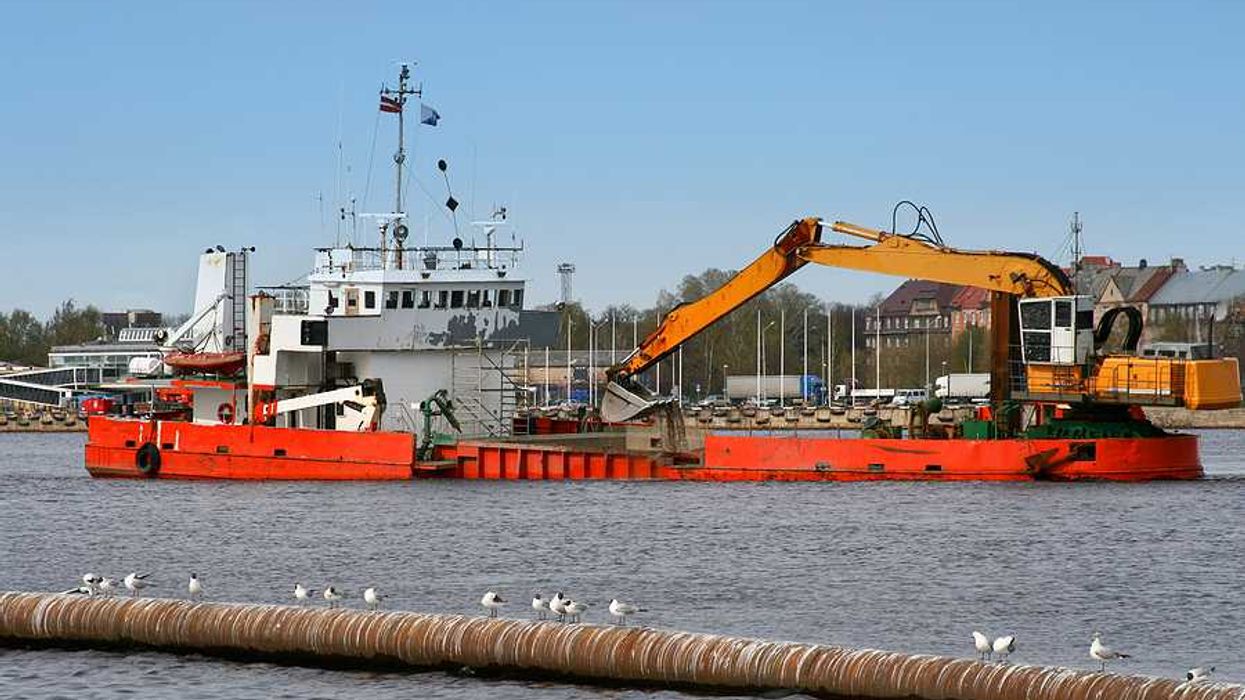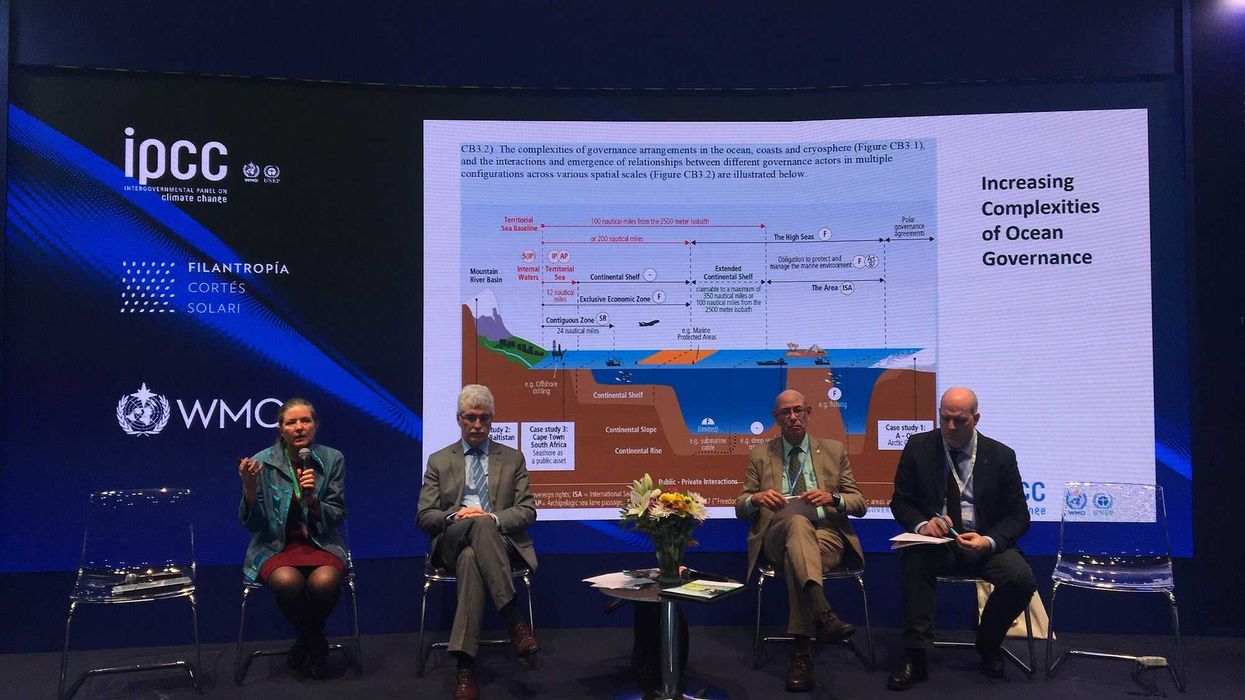Congress is considering a bipartisan bill that would require the Pentagon to publish site-by-site details of PFAS contamination and cleanup progress at more than 600 U.S. military bases and surrounding areas.
Linda F. Hersey reports for Stars and Stripes.
In short:
- The Military PFAS Transparency Act would create an online dashboard to publicly track cleanup progress, funding, and timelines at contaminated military sites.
- The bill mandates annual reports to Congress and community engagement through designated local contacts to address public concerns.
- PFAS, or “forever chemicals,” used in firefighting foams, have been linked to cancer, liver and thyroid damage, and immune system harm and persist in the environment for decades.
Key quote:
“For far too long, people living near military bases exposed to toxic PFAS chemicals have been in the dark in terms of Department of Defense cleanup efforts, which puts our water and our health in danger.”
— Bentley Johnson, federal government affairs director at the Michigan League of Conservation Voters
Why this matters:
Many communities remain unaware of the scale or status of local PFAS contamination because of poor transparency from federal agencies. Public health advocates have warned that inconsistent testing and slow cleanups have left service members and civilians at risk. An online dashboard would offer public access to real-time data on government efforts and provide a clearer picture of what’s being done — and what isn’t — to remove these persistent chemicals from the environment.
Related:














